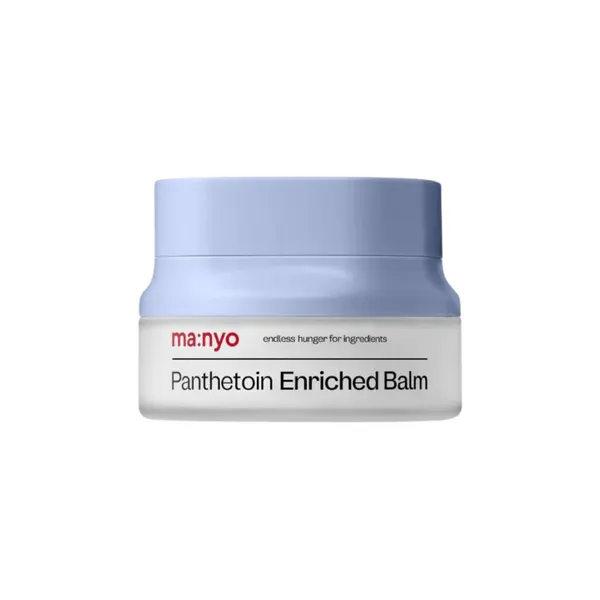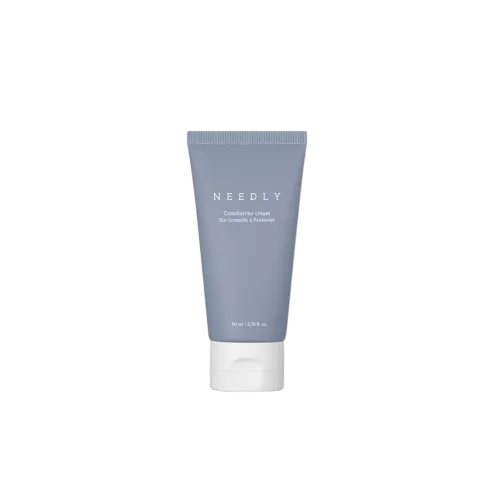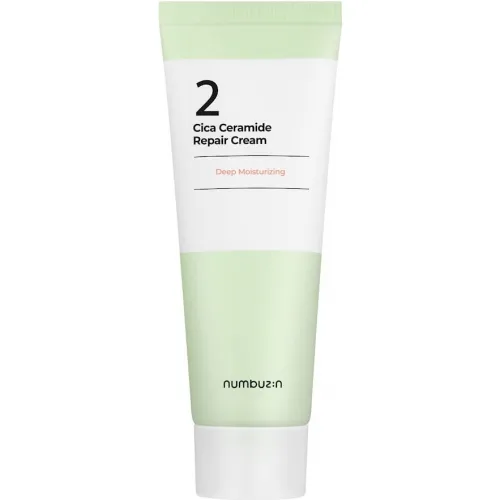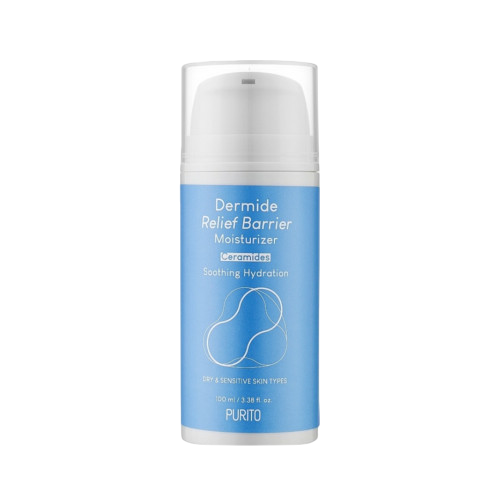What makes the perfect face cream for winter? Does it even exist? This article addresses all your “creamy” concerns.

How to Choose the Best Winter Face Cream?
When it comes to selecting a winter cream, opinions vary. Some argue that hydration is the key, others prioritize nourishment, while some claim hydrating creams are a no-go during cold weather. And then there’s the suggestion of using a hydrating cream in the morning and a restorative one at night—or vice versa.
So, what’s the truth? Let’s break it down.
Hydrating, Restorative, or Nourishing: What’s the Difference?
In the past, creams were divided into a few basic categories: hydrating, restorative, nourishing, and day or night creams. The differences were mostly in texture.
What has changed? A lot. The beauty industry has evolved, offering hundreds of options tailored to every need. What hasn’t changed? The categorization by texture into hydrating, restorative, or nourishing creams. To understand why this division isn’t always accurate, let’s dive into what hydration, restoration, and nourishment really mean.
Hydration
Hydration involves maintaining optimal moisture levels in your skin by delivering and retaining water in the skin layers. This is where humectants come in. These ingredients attract moisture from the environment and deeper skin layers while preventing evaporation.
Key humectants include:
- Hyaluronic acid
- Glycerin
- Panthenol
- Aloe vera extract
- Urea
You’ll find these in most creams, especially in lightweight or gel-like textures, as well as in toners, serums, and emulsions.
Restoration
Restoration strengthens the skin’s protective barrier and repairs damage. This helps the skin recover its natural defense against moisture loss and external aggressors. Key restorative ingredients include:
- Ceramides
- Fatty acids
- Cholesterol
- Squalane
- Lecithin
- Plant oils
Nourishment
Nourishment is more of a marketing term since skin doesn’t actually “feed.” What’s often called a “nourishing cream” is usually a product with a rich texture packed with emollients, which provide restorative benefits as described above.
Day vs. Night Creams: Is There a Real Difference?
The distinction between day and night creams is largely marketing. Mass-market creams often differ only in texture: day creams are lighter and absorb quickly, while night creams are thicker. However, their effects are unlikely to vary significantly.
The exception lies in active ingredients. Some are best applied at night (like retinol and acids), while others work better during the day (like non-acidic vitamin C). Sunscreens, of course, are strictly for daytime use.
However, basic creams without active ingredients are universal. Choose one that feels comfortable and use it whenever you like.
Key Functions of a Basic Face Cream
A basic face cream, regardless of the season, should:
- Hydrate
- Restore the protective barrier
- Strengthen the barrier
Keep in mind: A cream is only part of your skincare routine. For effective hydration, you’ll likely need additional products like toners, serums, or emulsions. These deliver moisture to the skin, while the cream locks it in.
Should You Buy a New Cream Every Season?
The short answer: listen to your skin. If your current cream feels fine year-round, there’s no need to switch just because a blogger says so. However, winter may require additional protection and restoration. If your skin feels drier, flakes, or reacts to the cold, it’s time to adjust your routine.
How to Choose a Winter Cream?
- Pick a Comfortable Texture Forget the myth that winter creams must be ultra-thick. Modern beauty products come in all textures, including lightweight options that offer excellent restorative benefits.
- Check the Ingredients A good winter cream includes:
- Humectants for hydration (e.g., hyaluronic acid, glycerin, panthenol)
- Emollients to repair and strengthen the skin barrier (e.g., ceramides, fatty acids, plant oils, squalane)
- Occlusives for very dry or damaged skin (e.g., waxes, paraffin, lanolin)
Top Winter Cream Recommendations
Here are a few versatile creams perfect for colder weather:




Remember, the key to choosing the right product is understanding your skin’s current needs and opting for ingredients that address them. Let your skin guide the way!



Leave a Comment